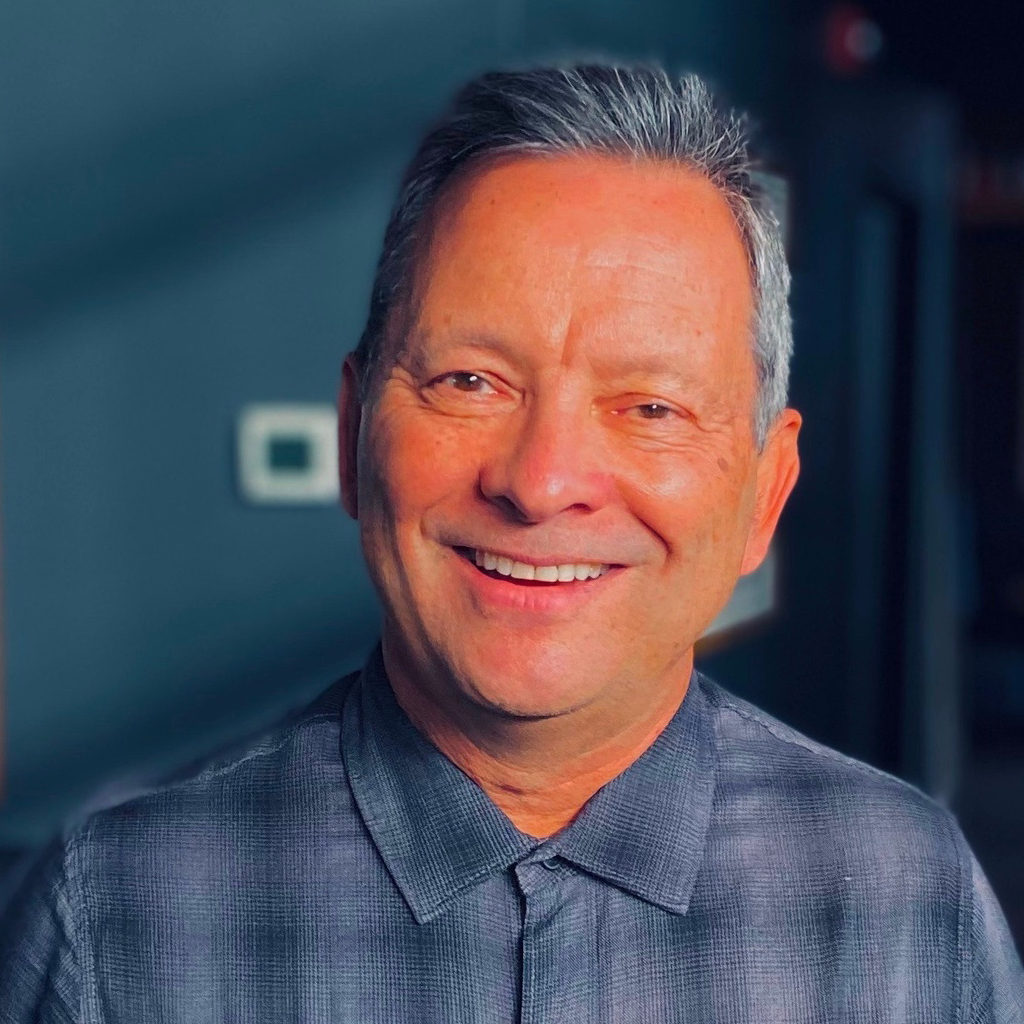
By / John Millen
While teaching listening skills at an all-employee meeting online this week, I included the fundamental need to have an open mind and consistently question your beliefs.
With the great public divides on questions of fact, including whether the earth is a sphere, it is clear that each of us should actively challenge our beliefs for validity.
In fact, we should proactively update our beliefs, as I’ve written before about Amazon’s Leadership Principles, which note that “[Our leaders] seek diverse perspectives and work to disconfirm their beliefs.” (my emphasis)
It’s a novel statement for a company and one that few of us practice.
Indeed, human beings, for the most part, practice the opposite: we work to reinforce and confirm our beliefs. This is known as “confirmation bias.”
We search our environment for information to confirm our beliefs, we interpret data to support our beliefs, we discount evidence that might conflict with our beliefs, and some of us even attack people who hold views contrary to our beliefs.
This is most apparent, of course, in our current political environment where we cocoon in segregated ideological communities with unlimited sources of “news” available to confirm our views.
In this world, critical thinking is more important than ever. We are inundated with more information than ever, and we are more distracted than ever, which means we are left with impressions of the truth.
We need to be able to sift through the information to find out what is actually true.
Critical thinking is the most important skill we must develop. But there is less of it on, of all places, college campuses where many students and faculty too often oppose campus speakers who hold views contrary to their own.
Many of us also cling to our views, despite them being outdated and no longer valid. We often hold beliefs long past their expiration dates.
With this in mind, here are a few tips to help you develop your critical thinking skills as you challenge your own beliefs:
1. Learn to listen without judgment
When we hear others discuss ideas and beliefs, we are apt to judge them, their conclusions, and their motivations so quickly that while they’re talking, we’re already thinking of our responses.
The fact is, our minds can’t multitask, so if we’re thinking about what we’ll say next, or how we’ll fix the problem, we’re no longer listening to the person speaking.
Instead, try to be fully present and hear what the person is really saying. Ask questions to go deeper and understand why they believe those positions. We so seldom really listen to people that it can be a remarkable experience for the listener to hear, as well as for the speaker to be heard.
2. Seek to understand
In his seminal book, The 7 Habits of Highly Effective People, Stephen Covey emphasizes one of the key habits, “Seek first to understand, then to be understood.”
Covey shared an event he experienced one Sunday morning on a subway in New York that illustrates how we can hold mistaken beliefs:
People were sitting quietly—some reading newspapers, some lost in thought, some resting with their eyes closed. It was a calm, peaceful scene. Then suddenly, a man and his children entered the subway car. The children were so loud and rambunctious that instantly the whole climate changed.
The man sat down next to me and closed his eyes, apparently oblivious to the situation. The children were yelling back and forth, throwing things, even grabbing people’s papers. It was very disturbing. And yet, the man sitting next to me did nothing.
It was difficult not to feel irritated. I could not believe that he could be so insensitive to let his children run wild like that and do nothing about it, taking no responsibility at all. It was easy to see that everyone else on the subway felt irritated, too. So finally, with what I felt was unusual patience and restraint, I turned to him and said, ‘Sir, your children are really disturbing a lot of people. I wonder if you couldn’t control them a little more?’
The man lifted his gaze as if to come to a consciousness of the situation for the first time and said softly, “Oh, you’re right. I guess I should do something about it. We just came from the hospital where their mother died about an hour ago. I don’t know what to think, and I guess they don’t know how to handle it either.”
Can you imagine what I felt at that moment? My paradigm shifted. Suddenly, I saw things differently, I felt differently, I behaved differently. My irritation vanished. I didn’t have to worry about controlling my attitude or my behaviour; my heart was filled with the man’s pain. Feelings of sympathy and compassion flowed freely. “Your wife just died? Oh, I’m so sorry. Can you tell me about it? What can I do to help?” Everything changed in an instant.
3. Proactively find conflicting views
Instead of listening to news channels that confirm your views, seek out stations that promote the opposite viewpoint. If you watch Fox News, watch MSNBC. These broadcasts vividly illustrate how we can view the same information through our own colored lenses. Try to understand what information and experiences would bring people to hold those views.
4. Argue the other side
In college, my favorite extracurricular activity was serving on the national debate team.
In half of the debate rounds, my partner and I would argue an affirmative case for a legislative change, often a compelling issue of national controversy. In the other half of the rounds, we would argue against a proposal, often the same idea we had earlier advocated.
This gave us the ability to fully understand all of the nuances of arguments for and against positions. We developed critical thinking skills that allowed us to make better decisions and modify positions based on new and compelling arguments.
5. Kill your self-limiting beliefs
I believe the most destructive beliefs we hold are about ourselves and our own capabilities. We are locked into self-limiting beliefs that keep us from achieving our full potential.
We know we should try to achieve something outside of our comfort zones, which is where personal growth occurs, yet we are held back by our self-limiting beliefs. Often that is due to FEAR, which is often referred to as False Evidence Appearing Real.
6. How to question your beliefs
I’m not suggesting that we shouldn’t have beliefs, or that we should change them all on a whim. Instead, we should examine our beliefs.
For additional help, here are questions that were developed by Owen Fitzpatrick, a consultant and speaker who teaches Neuro-Linguistic Programming (which is an article for another day). Fitzpatrick writes:
Become more aware of what you believe to be true. About yourself. About the world. About others. About your problems. Notice how you describe them and how you think about them. And challenge them in the following way:
What is the source?
Where is the evidence?
How does the evidence demonstrate that as a fact?
Is it always true in every situation?
What is a more useful way of thinking about it?
What do you need to do about it?
I wish you success in challenging your own beliefs. To share your stories and ideas with me, please contact me. ■
This article was reprinted with permission from johnmillen.com/blog/challenge-your-beliefs
John Millen is a keynote speaker and CEO of the Reputation Group, a leadership communication company in Columbus, Ohio. John’s purpose is to help leaders and entrepreneurs grow their businesses and careers by tapping the power of their stories. Since founding the company in 2004, he has worked with more than 7,000 leaders. Learn more at JohnMillen.com.



